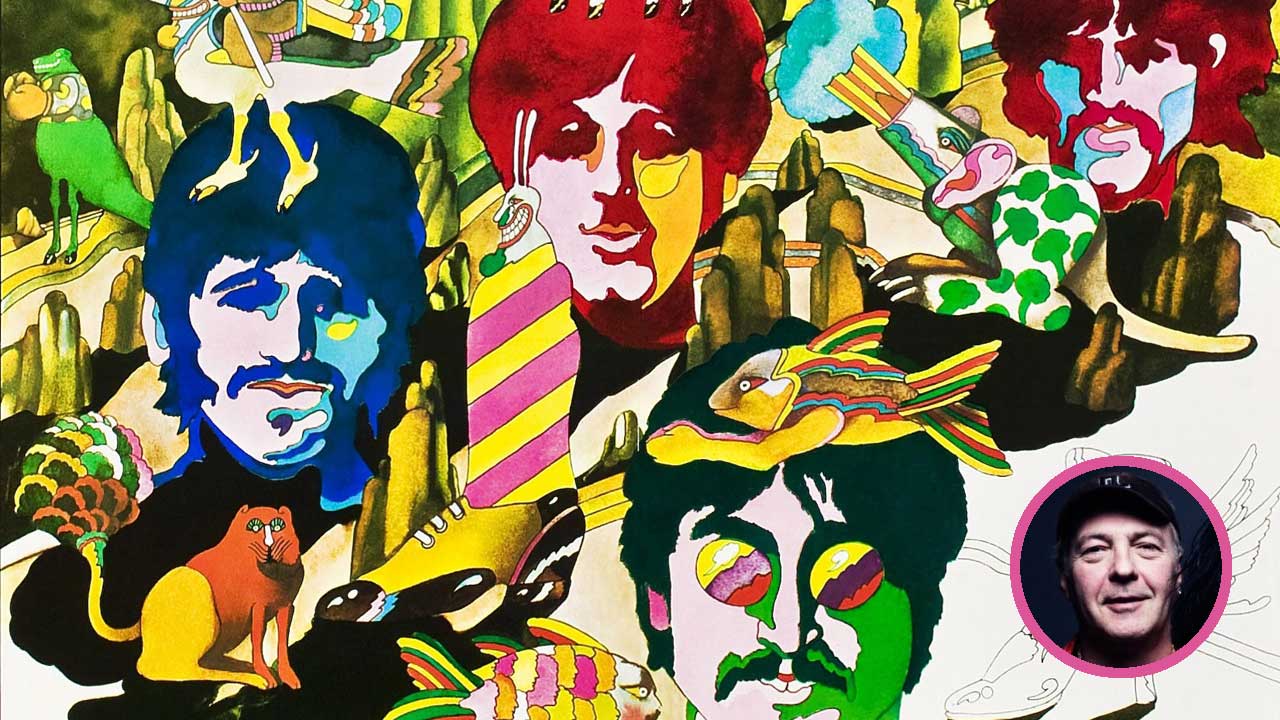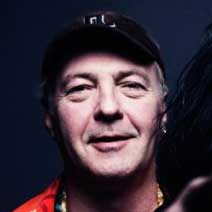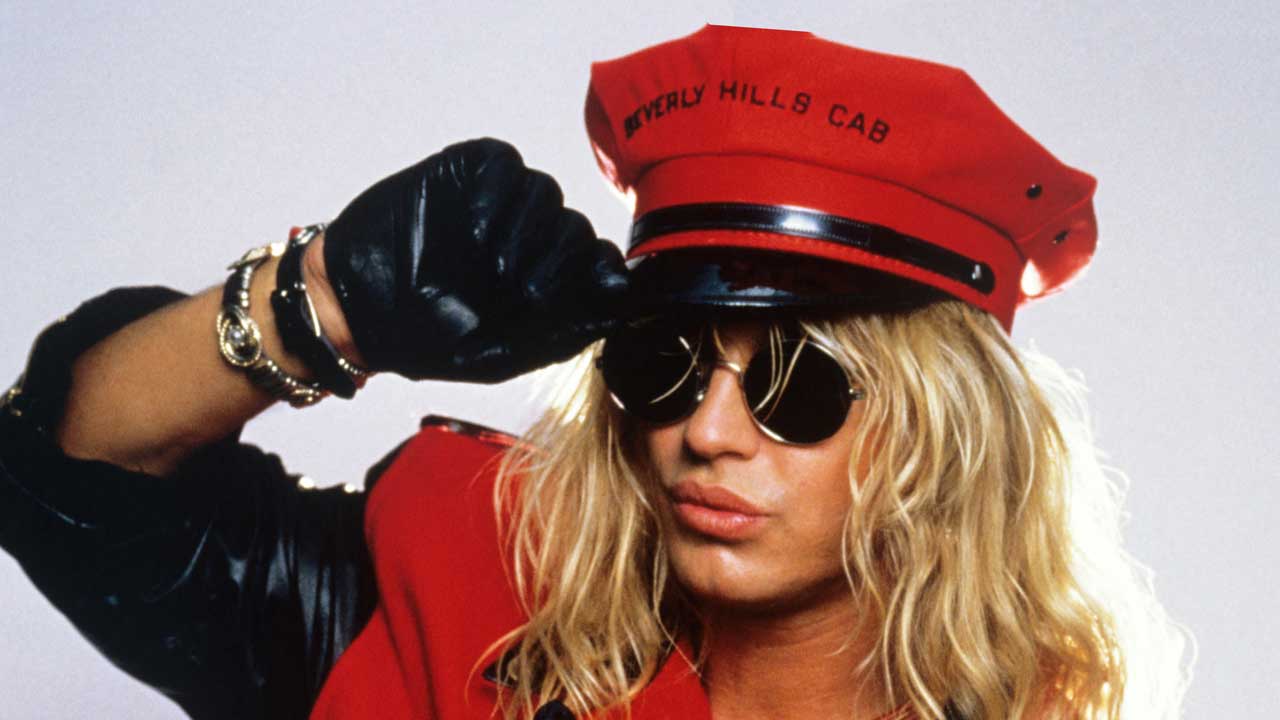If The Beatles had never discovered drugs, says Killing Joke bassist Youth, then their music would have sounded very different – and so would everyone else's
"It's not hard to imagine how grey all our lives would be today if The Beatles had not paved the way for turning music into a kaleidoscope of colour explosions after the bland, sugar-sweet pop of the early sixties"

The Beatles’ journey of cosmic exploration and psychedelia mirrored the sixties zeitgeist for us all. It is hard to imagine the psychedelic revolution without them, but it’s not hard to imagine how grey all our lives would be today if they had not paved
the way for turning music into a kaleidoscope of colour explosions after the bland, sugar-sweet pop of the early sixties.
When they started using psychedelics they stopped being entertainers and became pioneering artists whose influence is still massive today. They also became more politically overt and spiritually aware, both individually and as a band.
Their first forays were with Benzedrine from an asthma inhaler, when John Lennon was still at art school. In Hamburg they were given slimming pills and ‘Prellies’ – the stimulant Preludin – to keep them marching. They played from 6pm to 3am with a few breaks in between sets.
“In Hamburg the waiters always had Preludin,” John Lennon said in the Anthology book. “When they’d see the musicians falling over with tiredness or with drink, they’d give you the pill. You could work almost endlessly – until the pill wore off, then you’d have to have another.”
The Beatles weren’t the first band to take drugs, but they certainly started the trend for bands to experiment more with psychedelics as they became more successful. Famously, Bob Dylan properly introduced them to pot in a New York hotel room in 1964. Although they had tried it in Hamburg and Liverpool, this was the time they first got really stoned. Dylan was incredulous that they hadn’t got stoned before and asked about the ‘I get high’ reference in I Want To Hold Your Hand, only for John to meekly admit the lyric was ‘I can’t hide…’
Recording sessions for Help! and Rubber Soul were wreathed in smoke, and their love of pot famously led to George Harrison smoking a joint in the Buckingham Palace toilets when they were awarded their MBEs in late 1965. By the middle of 1967, they and manager Brian Epstein had added their names to an advertisement in The Times calling for the legalisation of cannabis.
You can’t imagine Sgt. Pepper without the psychedelic influences. Actually, you can and it probably would have ended up sounding like Hanson. They first tried acid in 1965, courtesy of a dentist in Marble Arch. Little did they know then that this first leap into the psychedelic shamanic universe would change the world so profoundly. LSD would change their relationships with each other, their work and the way they saw the world in general – and in a very positive way. This was way before they got into junk and stopped talking to each other.
Sign up below to get the latest from Classic Rock, plus exclusive special offers, direct to your inbox!
Other drugs were on the scene too. Once, when working with Paul, I asked him who the coolest cat he ever met was, expecting him to say Dylan. “Robert Fraser,” he replied, referring to the celebrated art dealer and sixties tastemaker. Fraser turned him onto collecting Magritte in the seventies, but well before that he had turned the band on to cocaine during Sgt. Pepper.
“I used to have a bit of coke and then smoke some grass to balance it out,” Paul told his biographer, Barry Miles. “What I enjoyed was the ritual of meeting someone and them saying, ‘Have you seen the toilets in this place?’ And you’d know what they meant. And you’d wander out to the toilets and you’d snort a bit of stuff. It wasn’t ever too crazy; eventually I just started to think – I think rightly now – that this doesn’t work.”
Did the Beatles increase drug use in the 60s? Of course they did – you couldn’t get a better endorsement than that of the first supergroup of the century (yet we’re still living in prohibition…). Those few years in the mid 60s, of unbridled optimism and insight into the cosmic realms of urban shamanism still fuel countless artists to be more creative and use their imaginations to effect positive change through their art.
This feature originally appeared in Classic Rock 202, published in October 2014.
Martin Glover, better known by his stage name Youth, is a British record producer, musician DJ and poet, best known as a founding member and bassist of the rock band Killing Joke. Among his production credits are Crowded House, The Cult, The Orb, Pink Floyd, The Verve and U2. He is also a member of the Fireman, along with Paul McCartney.

